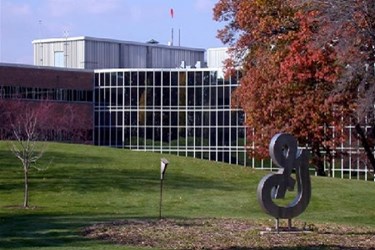General Mills' GRR Decrees GMOs Safe And Beneficial
By Isaac Fletcher, contributing writer, Food Online

Despite consumers’ continued concerns over GMOs, the cereal maker has taken the stance that they are, in fact, OK
According to General Mills’ 2014 Global Responsibility Report (GRR), the company views GMOs to be not only safe, but a potential solution to food insecurity around the globe. In the report, General Mills states, “biotechnology shows promise to address such issues as strengthening crops against drought and extreme temperature, and delivering more nutritious food, even in poor soil conditions.” The company continues, “We agree with the U.N. World Health Organization that the development of GMOs offers the potential for increased agricultural productivity or improved nutritional value that can contribute directly to enhancing human health and development.”
General Mills is aware of the consumer concern surrounding the issue of GMOs, but says that there is a global consensus among food and safety regulatory organizations that bioengineered ingredients are just as safe as their traditional counterparts. In the GRR, the company argues, “this technology is not new. Biotech seeds have been approved by global food safety agencies and widely used by farmers in food crops for over 20 years.” Citing the broad use of genetically modified seed for growing crops, General Mills contends that some 70 percent of foods in U.S. grocery stores likely contain GMO ingredients.
The GRR also states that, “Global food safety experts will note there has not been a single incident of harm to health or safety demonstrably linked to the use of GMOs anywhere in the world.” Rather, General Mills believes that GMOs offer certain benefits such as ensuring safe and effective food production, reduction in greenhouse gas emissions, improved water quality and filtration, and reduced soil erosion.
Although General Mills is willing to go to bat for GMOs, the company recently announced that Cheerios cereal would be produced with only GMO-free inputs and continues to enroll products from its Small Planet Foods division to be verified by the Non-GMO project. The company says, “We know that some consumers remain uncomfortable with GMOs. As a global food company, we produce without genetically modified ingredients in some markets. We also offer organic and non-GMO alternatives to most of our major categories in the U.S.” Since there is still a high demand for GMO-free foods — a demand that is unlikely to go anywhere any time soon — it makes sense for companies to continue to invest in inputs free of GMOs.
